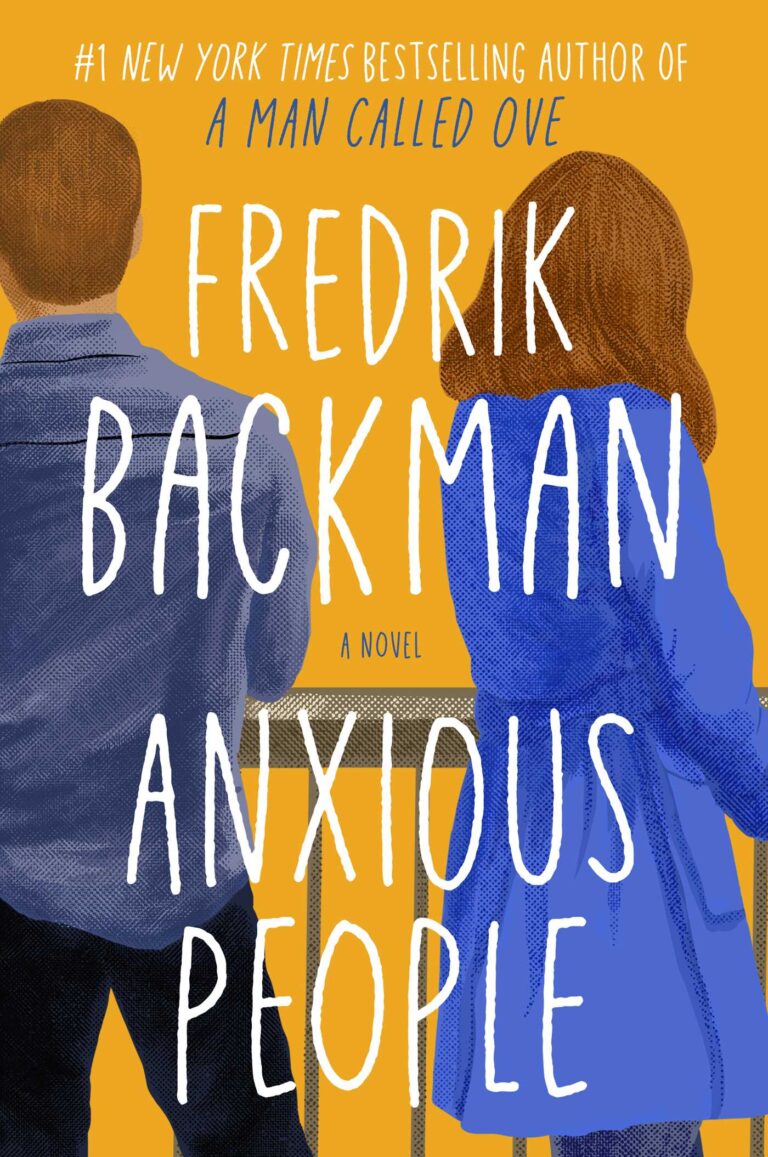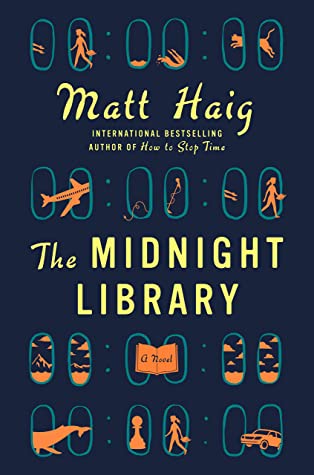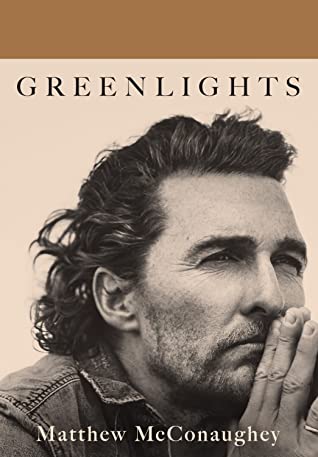
Why We Sleep
By Matthew Walker
Matthew Walker PhD, Director of UC Berkeley’s Sleep and Neuroimaging Lab, takes years of research on sleep dynamics and provides actionable steps you can take tonight to get better sleep. Although backed by extensive research and science that goes way over my head the content in this book is digestible and shows how important a night of sleep can be on your life. Sleeping can help you avoid cancer, heart failure, diabetes, weight gain, anxiety, depression, stroke, and countless other issues and Walker’s work shows us how. He also explores dreaming which is a fascinating part all on its own.
“After thirty years of intensive research, we can now answer many of the questions posed earlier. The recycle rate of a human being is around sixteen hours. After sixteen hours of being awake, the brain begins to fail. Humans need more than seven hours of sleep each night to maintain cognitive performance. After ten days of just seven hours of sleep, the brain is as dysfunctional as it would be after going without sleep for twenty-four hours. Three full nights of recovery sleep (i.e. more nights than a weekend) are insufficient to restore performance back to normal levels after a week of short sleeping. Finally, the human mind cannot accurately sense how sleep-deprived it is when sleep-deprived.”
Thoughts
One of the books I have been recommending to pretty much anyone I know these days. I struggle with sleep, and have made an effort to understand what makes my body tick. Whether it be cutting out coffee after certain times in the day, limiting technology use before bed, working out or not working out that day I am always looking for ways to get to sleep earlier. I am a culprit of staying up past midnight thinking about all of the random crap that happened that day or even what I will be doing the next day. This book taught me simple strategies to try and they work. The easiest I’ve found so far that you can try this week is to go to bed (i.e. lights off, head on pillow) at the same time every night, and wake up at the same time every morning. This forces your circadian rhythm to normalize. And when you do wake up at that same time DO NOT snooze. Snoozing dramatically increases your risk of a heart attack over time as the body jolts awake at the sound of the alarm each time, and your cortisol levels spike. Read this if you have trouble sleeping or are just curious about what happens when you do get to sleep.
Related Content
Recent Reads
Palaver House is a participant in the Amazon Services LLC Associates Program, an affiliate advertising program designed to provide a means for sites to earn advertising fees by advertising and linking to Amazon.com.






